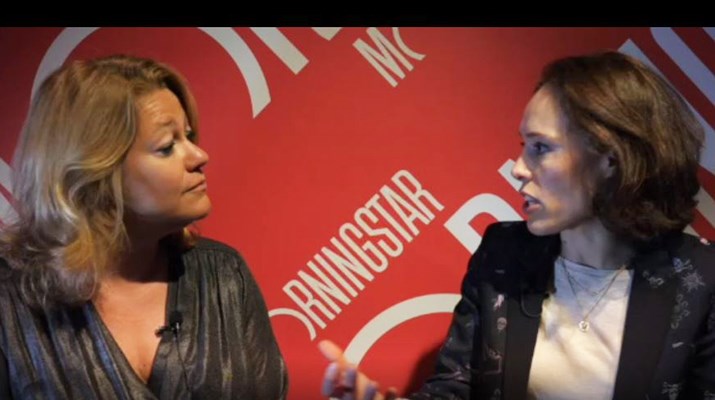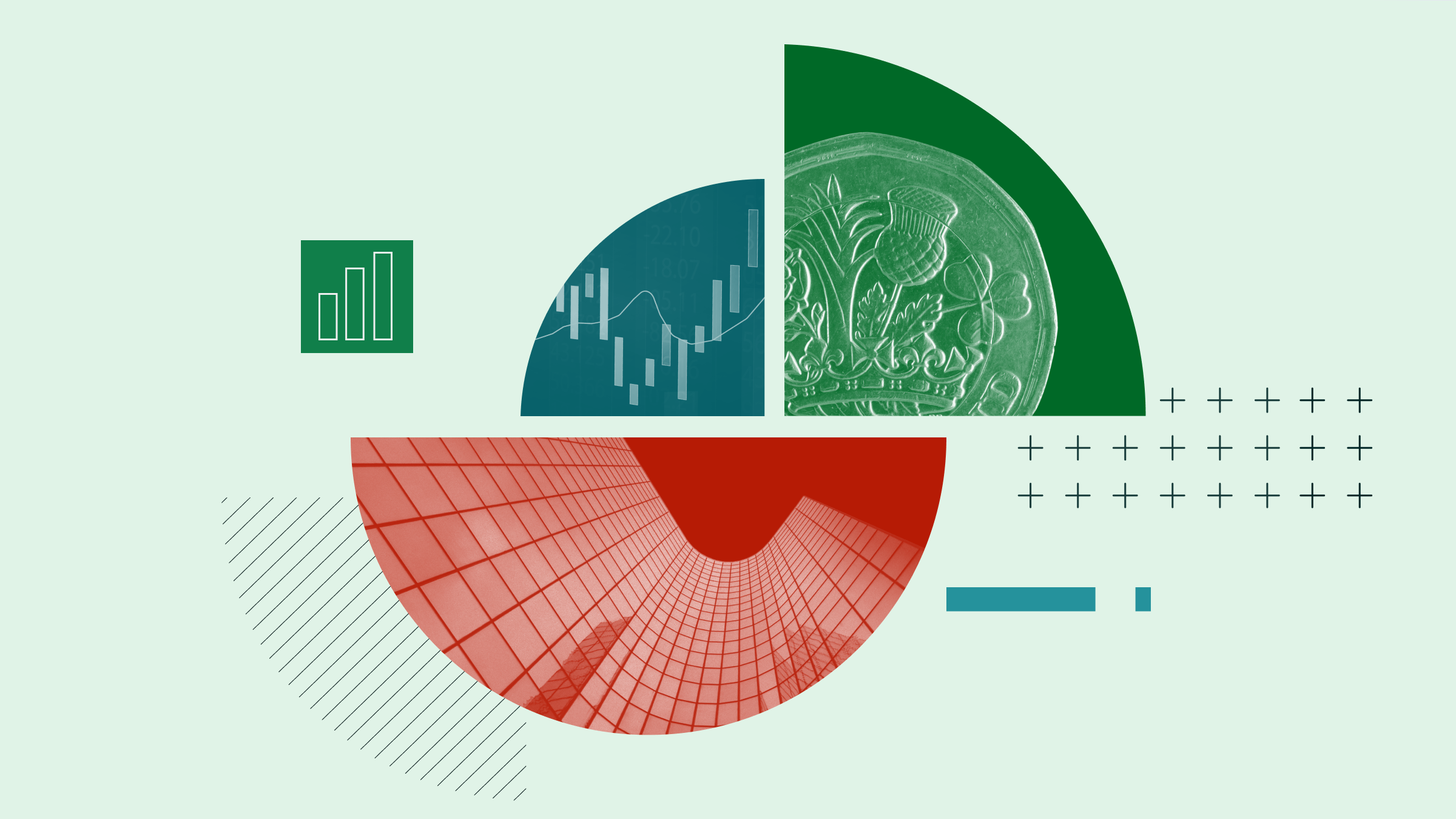
Hortense Bioy, Morningstar’s European Head of Sustainable Research, caught up with Masja Zandbergen, Head of Sustainability Integration at Robeco, at the recent Morningstar Investment Conference in Milan to discuss what ESG integration means.
Hortense Bioy: Robeco has a long history of integrating environmental, social and governance (ESG) factors into its investment strategies, but what does ESG integration mean?
Masja Zandbergen: For us it means integrating material ESG issues into our investment process is simply part and parcel of what we do every day. Robeco has just celebrated its 90th birthday and its investments have always been based on thorough research, and the same goes for sustainability. We have a big research department that researches sustainability and that helps our portfolio managers to integrate ESG and to really think about long-term investing, things like: What are the issues? What is climate change going to? How is it going to affect the companies that we invest in?
Bioy: So, part of it is managing risk. What would you say are the biggest ESG risk that investors face now in their investment portfolios?
Zandbergen: We tend to take a bottom-up view, we look at companies and each company has its own specific ESG risks and opportunities. In the healthcare sector, for example, it's pricing the product and innovating new products. And that’s completely different from the banking sector where we look at business ethics, risk management culture, what products they are providing and is that something that is helping their clients. So, it's different for each industry. When you look at it overall however, I would say climate change is a big systemic issue as well as inequality. We're seeing inequality within countries rising and that is leading to all kinds of political risks, and other kinds of risks that are affecting the companies and the markets that we invest in.
Bioy: What is the difference between Robeco’s sustainability focused funds and more traditional offerings, and why would an investor choose a sustainability focused fund?
Zandbergen: We use ESG to make better informed investment decisions and we do that for all the funds that we manage, and we call that sustainability insight. It's not changing the investment universe or the portfolio outcome but it means we are an active investor; we talk to companies about sustainability issues, and we integrate it into our investment process. We also have targets on ESG. So, we're saying we want the portfolio to score better on ESG 20%, we want to have a lower environmental footprint. It is for investors that want to reflect their personal values into these investment portfolios.
Bioy: Do you think this type of fund will attract the same level of interest and assets from investors as traditional funds?
Zandbergen: It’s a difficult question. I think mainstream funds will become stricter on sustainability and, in turn, sustainable funds will become stricter too. I also think there will be more product proliferation and product development. So, there will always be choice for investors, because everyone has their own preferences, and as an industry we need to understand the need to open our minds with a choice that reflects investors preferences.
Bioy: Thank you very much Masja.
Zandbergen: Thank you.











:quality(80)/cloudfront-us-east-1.images.arcpublishing.com/morningstar/6BCTH5O2DVGYHBA4UDPCFNXA7M.png)

















